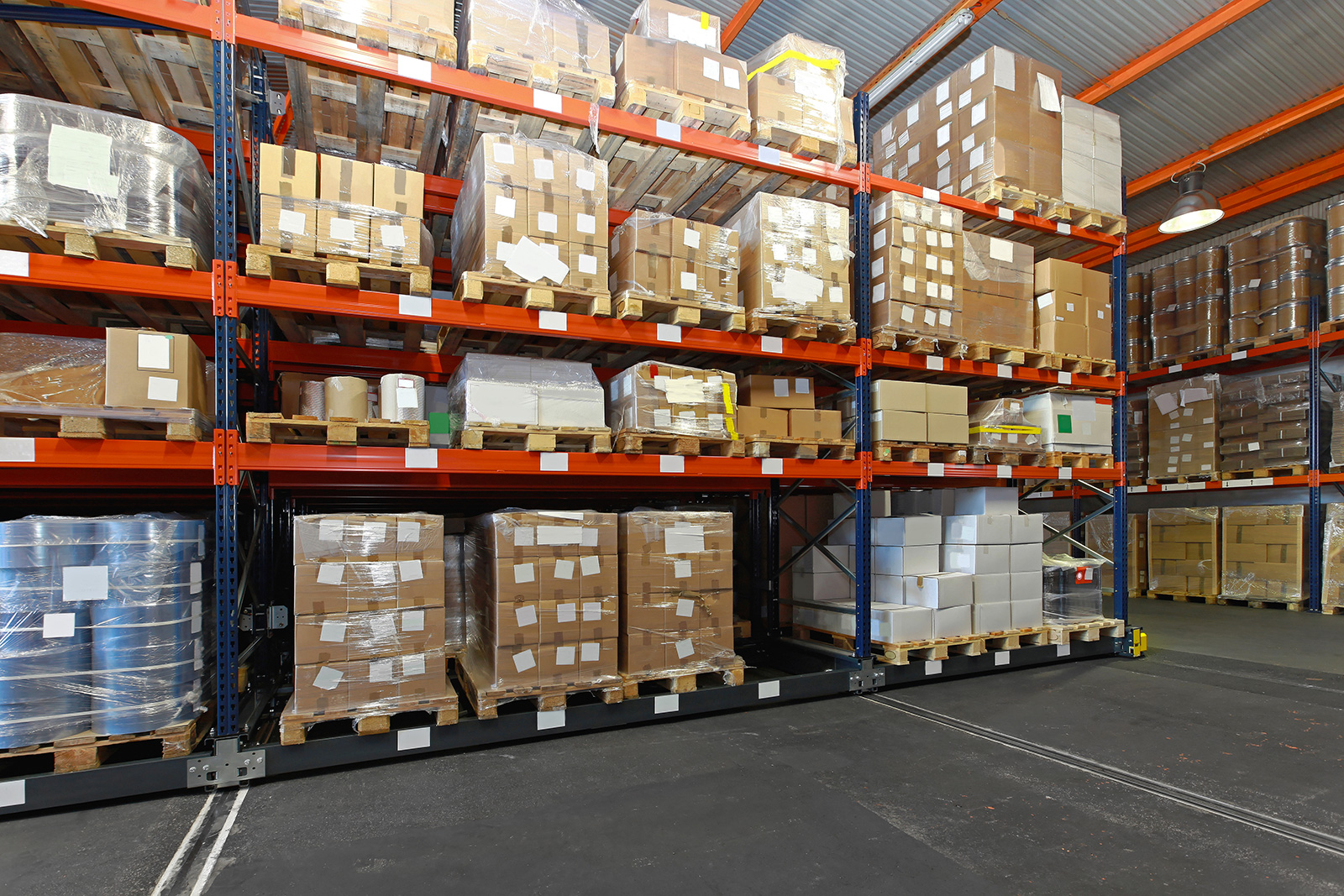Warehouse safety is crucial for several key reasons, all of which contribute to the overall effectiveness and efficiency of operations as well as the well-being of employees. Here’s why maintaining high safety standards in a warehouse setting is essential:
1. Protection of Employees
The most immediate and obvious reason for stringent safety measures in a warehouse is to protect employees from injuries. Warehouses can be hazardous environments, with risks of falls, injuries from machinery, or accidents involving forklifts. Ensuring a safe working environment reduces the risk of injuries, which is vital for the health and safety of the workforce.
2. Compliance with Legal and Regulatory Standards
Warehouses are subject to various occupational safety and health regulations. Failure to comply with these regulations can lead to legal repercussions, including fines and sanctions. Regular safety audits and compliance checks help ensure that a warehouse adheres to all legal requirements, protecting the business from potential legal issues.
3. Enhancement of Productivity
A safe workplace is an efficient workplace. When safety measures are in place, accidents decrease, leading to less downtime and higher productivity. Workers are also more likely to be engaged and motivated when they know their safety is a priority.
4. Reduction of Costs
Accidents in the workplace can be costly. They can lead to direct costs such as medical expenses, workers’ compensation claims, and potential legal fees if the company is found liable for unsafe conditions. Indirect costs include lost productivity, increased insurance premiums, and potential damage to equipment and inventory. Investing in safety measures can significantly reduce these costs.
5. Maintenance of Equipment and Inventory
Proper safety protocols help prevent damage to warehouse equipment and inventory. Mishandled or improperly stored goods can lead to significant financial losses. Safety measures ensure that equipment is operated correctly and that goods are handled and stored in a manner that minimises the risk of damage.

6. Reputation Management
A reputation for maintaining a safe work environment can be a significant asset for a company. It can help attract and retain the best workers and foster trust among business partners and customers. Conversely, a record of safety violations or accidents can tarnish a company’s reputation and affect its ability to do business.
7. Employee Morale and Retention
Employees who feel safe at work are more likely to be satisfied with their jobs and remain with their employer. High employee turnover can be costly and disruptive. Maintaining a safe workplace helps improve employee morale and retention.
8. Cultivation of a Safety Culture
Promoting safety in the warehouse helps cultivate a culture of safety throughout the organisation. This culture can encourage employees to be proactive about their safety and the safety of others, leading to ongoing improvements in safety practices.
Implementing and maintaining robust safety protocols in a warehouse is not just about compliance; it’s about creating an environment where employees can perform their best work without fear for their personal safety. This leads to a more productive, efficient, and harmonious workplace.

